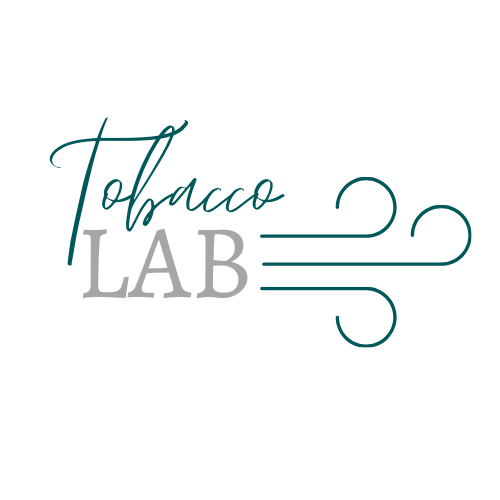TPD
TPD
The amended Directive on traceability and verification of the origin of tobacco products (TPD 2) 2014/40 / EU introduces new, more restrictive rules for tracing and detecting irregularities related to the trade in tobacco products and e-cigarettes. The directive aims to improve the functioning of the internal market in tobacco and related products, while ensuring a high level of health protection. In addition, the introduced provisions will reduce the possibility of smuggling while allowing Member States to collect tax and excise duty on tobacco products sold. In addition, the document equates traditional cigarettes with electronic cigarettes.
TPD Directive in practice
The Tobacco Directive recommendations apply to manufacturers, importers, wholesalers, distributors, traders, logistics operators, vansellers and retailers.
The directive requires that each package of a tobacco product must be marked with a unique identifier, and the product should have additional security features to confirm its authenticity.
Product flow registration is necessary to enable traceability and traceability of individual products in the supply chain, to monitor and enforce compliance of logistic processes with the Directive.
It is necessary to cooperate with entities authorized to store data to ensure independence and transparency of tracking traffic and traceability of tobacco products.
The directive obliges manufacturers or importers to create their own database, the so-called basic repository, in order to collect and store all data related to each individual packaging and copy all information to a common, EU database, i.e. secondary repository.
It is necessary to include warnings in the form of slogans and photos, which are to take up as much as 65% of the front and back surface of the package. In addition, information about the content of nicotine, tar and carbon monoxide as well as other information that may encourage the consumer to buy a given product is removed from the packaging.
It is forbidden to sell cigarettes and roll-up tobacco containing so-called characteristic aroma. This means the recall of all flavored tobacco and cigarettes, including menthol cigarettes. The ban also covers the sale of Slim cigarettes.
Along with the directive, cross-border distance sales of tobacco products, including online sales, are also prohibited.
The directive equates e-cigarettes with traditional cigarettes. E-cigarettes are forbidden for sale to minors. They also cannot be advertised or promoted. The use of e-cigarettes in public places is prohibited.
stating the composition of the product before processing into an aerosol, taking into account the composition of flavors and nicotine doses
providing data on the toxicological components of the product
presenting a description of the product and the manufacturing process
feeding the atomizer volume
present results of the so-called emission tests, i.e. the composition of the vapors of the product after processing into an aerosol, with particular emphasis on: the content of nicotine per puff; content of carbonyl compounds, volatile organic compounds, heavy metals and nitrosamines.
It is also necessary to meet the additional requirements of the directive, proper classification and labeling of the product and packaging in accordance with the CLP (Classification, Labeling, Packaging) regulation proper documentation in the form of safety data sheets in accordance with the REACH regulation, appropriate protection against access for children.


